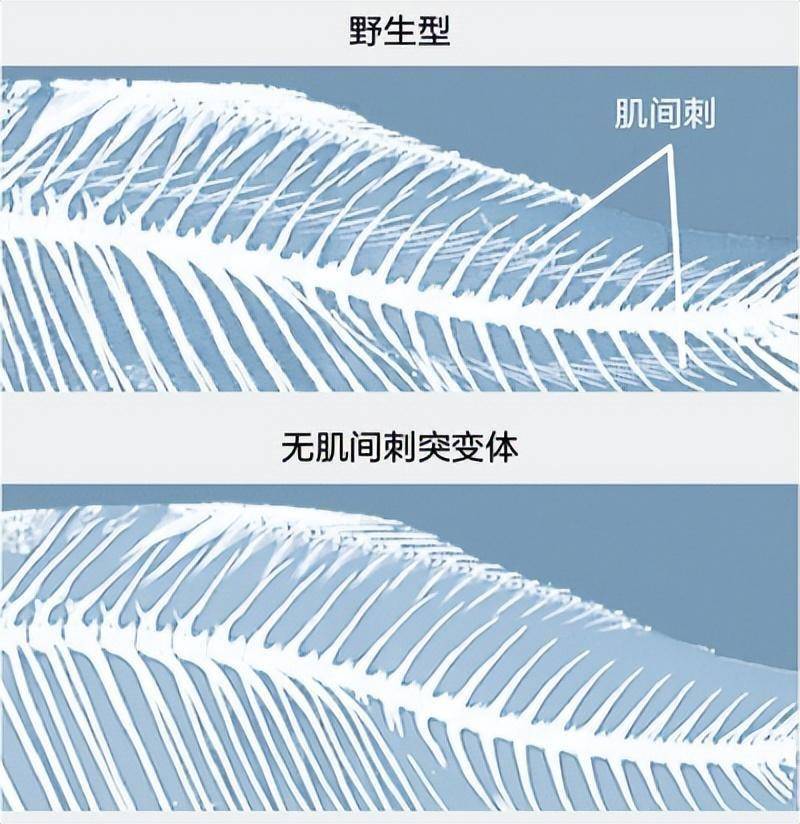3. Baidu, China’s leading search engine and AI company, is planning to release its own version of ChatGPT in March. (Bloomberg $)
4. The past three months should have been the busiest season for Foxconn’s iPhone assembly factory in China. Instead, it was disrupted by mass covid-19 infections and intense labor protests. (Rest of World)
5. A new decentralized social media platform called Damus had its five minutes (actually, two days) of fame in China before Apple swiftly removed it from China’s App Store for violating domestic cybersecurity laws. (South China Morning Post $)
6. Taiwan decided to shut down all nuclear power plants by 2025. But its renewable-energy industry is not ready to fill in the gap, and now new fossil-fuel plants are being built to secure the energy supply. (HuffPost)
7. The US Department of Justice suspects that executives of the San Diego–based self-driving-truck company TuSimple have improperly transferred technology to China, anonymous sources said. (Wall Street Journal $)
Lost in translation
Renting smartphones is becoming a popular alternative to purchasing them in China, according to the Chinese publication Shenran Caijing. With 19 billion RMB ($2.79 billion) spent on smartphone rentals in 2021, it is a niche but growing market in the country. Many people opt for rentals to be able to brag about having the latest model, or as a temporary solution when, for example, their phone breaks down and the new iPhone doesn’t come out for a few months.
But this isn’t exactly saving people cash. While renting a phone costs only one or two bucks a day, the fees build up over time, and many platforms require leases to be at least six months long. In the end, it may not be as cost-effective as buying a phone outright.
The high costs and lack of regulation have led some individuals to exploit the system. Some people use it as a form of cash loan: they rent a high-end phone, immediately sell it for cash, and slowly pay back the rental and buyout fees. There are also cases of scams where people use someone else’s identity to rent a phone, only to disappear once they obtain the device.
One more thing
Born in Wuhan, I grew up eating freshwater fish like Prussian carp. They taste divine, but the popular kinds often have more small bones than saltwater fish, which can make the eating experience laborious and annoying. Last week, a team of Chinese hydrobiologists based in Wuhan (duh) announced that they had used CRISPR-Cas9 gene-editing technology to create a Prussian carp mutant that is free of the small bones. Not gonna lie, this is true innovation to me.

